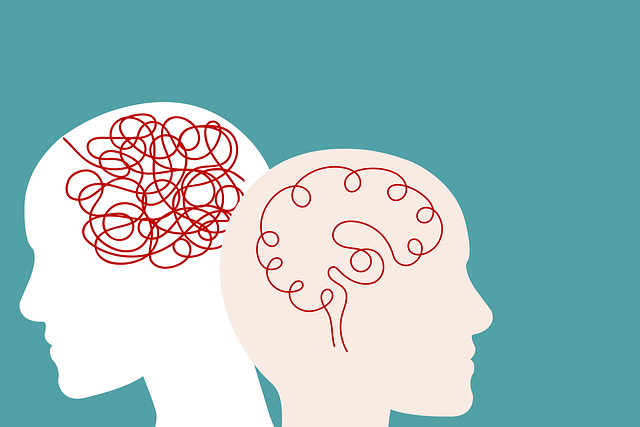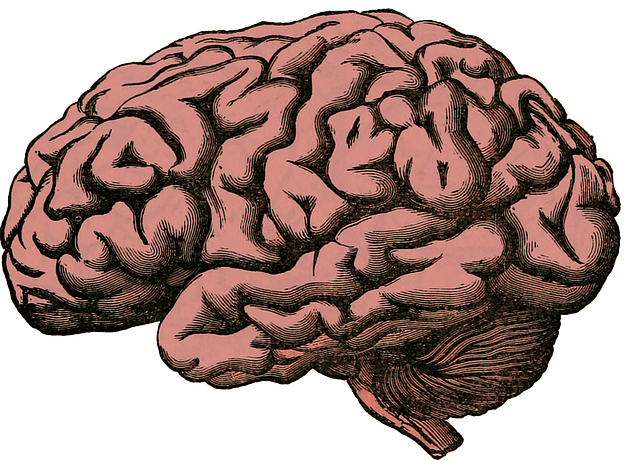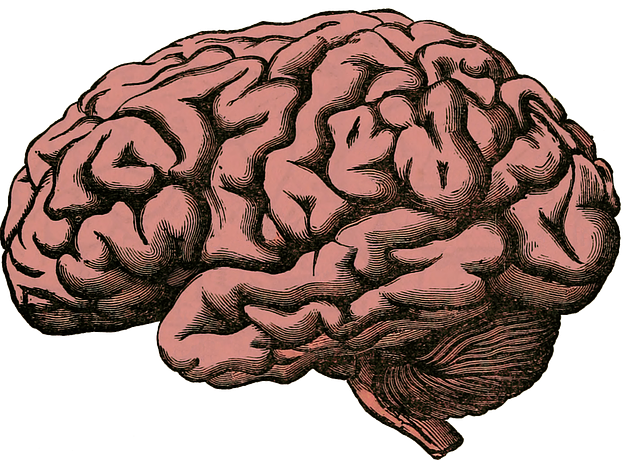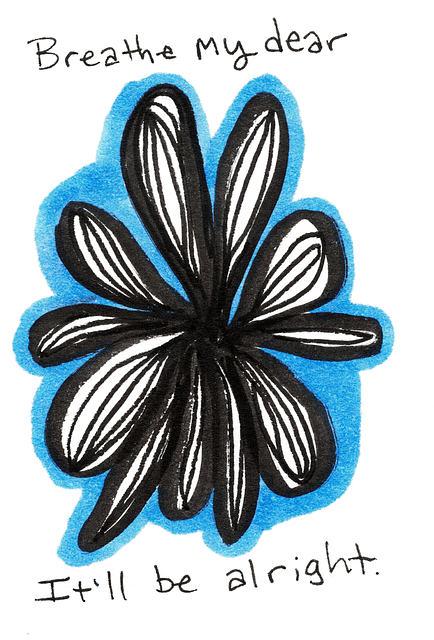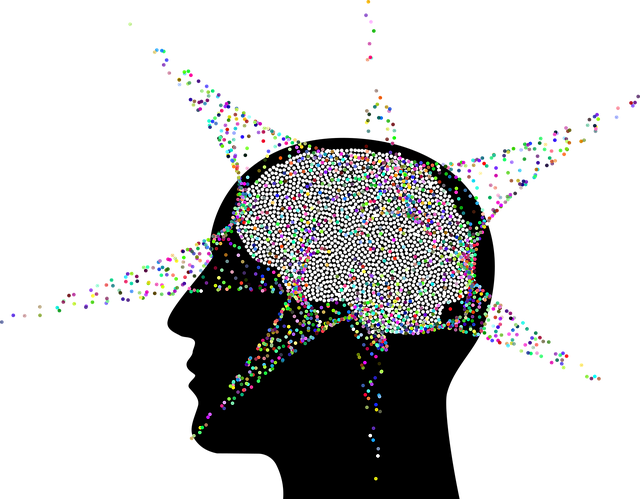Depression, a common yet manageable condition, requires early detection and understanding. Various treatments, like Golden Dissociative Disorder Therapy (GDDT), focus on coping strategies, dissociation management, and self-awareness. Community workshops, stress management, and social support networks also play crucial roles in prevention. Identifying triggers and risk factors, such as trauma or GDD, is essential. GDDT, combined with CBT, strengthens resilience. Mental health education and awareness campaigns enable proactive steps to prevent depression. Healthy lifestyles, including exercise, diet, and sleep, along with positive thinking and support systems, significantly contribute to long-term well-being.
Depression prevention isn’t just about managing symptoms—it’s about fostering resilience. This comprehensive guide delves into the multifaceted approach to safeguarding mental health. We explore the profound impact of depression and its subtle signs, helping you identify personal triggers and risk factors. Discovering innovative solutions like Golden Dissociative Disorder Therapy (GDDT) offers a fresh perspective on prevention. Additionally, we uncover powerful lifestyle changes and the role of supportive systems in promoting long-term well-being.
- Understanding Depression and its Impact
- Identifying Personal Triggers and Risk Factors
- Exploring Golden Dissociative Disorder Therapy (GDDT) as a Prevention Tool
- Lifestyle Changes and Support Systems for Long-term Well-being
Understanding Depression and its Impact

Depression is a complex mental health disorder that significantly impacts an individual’s daily life and overall well-being. It goes beyond mere sadness or temporary blues; it is characterized by persistent feelings of despair, loss of interest in activities once enjoyed, changes in appetite and sleep patterns, fatigue, difficulty concentrating, and in severe cases, thoughts of self-harm. The condition can affect people from all walks of life, regardless of age, gender, or background. Recognizing the signs and understanding the underlying causes are crucial steps in preventing and managing depression effectively.
One innovative approach gaining traction is Golden Dissociative Disorder Therapy (GDDT), which focuses on helping individuals develop healthy coping mechanisms to detach from negative thoughts and emotions. This therapy encourages a more positive relationship with oneself, fostering resilience against stressful situations. Additionally, integrating stress management workshops within communities can empower folks with practical tools for dealing with daily pressures. Encouraging positive thinking, communication strategies, and open conversations about mental health can also serve as preventive measures, creating a supportive environment where individuals feel comfortable seeking help when needed.
Identifying Personal Triggers and Risk Factors

Identifying personal triggers and risk factors is a crucial step in preventing depression. Individuals with a history of trauma or Golden Dissociative Disorder (GDD) are at higher risk, as dissociation can make it harder to cope with life’s challenges. By understanding these triggers, one can develop personalized strategies to enhance mental wellness. Therapies like cognitive-behavioral therapy (CBT) and GDD-specific approaches can help individuals manage symptoms and improve self-esteem.
Additionally, focusing on social skills training can mitigate risk factors associated with isolation. Building a supportive network of friends and family provides a buffer against depressive episodes. Regularly connecting with others offers emotional validation and reinforces positive coping mechanisms, contributing to overall mental health and resilience.
Exploring Golden Dissociative Disorder Therapy (GDDT) as a Prevention Tool

Golden Dissociative Disorder Therapy (GDDT) is emerging as a promising tool in depression prevention, especially for individuals at high risk. This therapeutic approach focuses on helping people manage and reduce the impact of dissociation, a common symptom in various mental health disorders, including depression. By addressing underlying dissociative mechanisms, GDDT aims to strengthen an individual’s sense of self and emotional resilience, thereby decreasing vulnerability to depressive episodes.
Mental health professionals can play a pivotal role in screening individuals for potential dissociative issues during risk assessments. Public awareness campaigns focused on educating the community about mental health and dissociation can encourage early intervention. Furthermore, designing comprehensive mental health education programs that include information about GDDT can empower people to take proactive measures. These strategies collectively contribute to a more holistic approach to depression prevention, ensuring individuals receive the necessary support before depressive symptoms escalate.
Lifestyle Changes and Support Systems for Long-term Well-being

Adopting a healthy lifestyle is a powerful tool for preventing and managing depression. Regular exercise, a balanced diet, and sufficient sleep can significantly improve mood and overall well-being. Physical activity releases endorphins, often referred to as ‘feel-good’ hormones, which can reduce stress and promote positive thinking. Additionally, engaging in activities that bring joy and meaning, such as hobbies or social interactions, can foster a sense of purpose and belonging, acting as valuable prevention strategies.
Building a strong support system is another key aspect. Strong connections with family, friends, or supportive communities can provide an emotional safety net. Talking about feelings and experiences with trusted individuals can help reduce the burden of depression. Empathy building strategies, encouraged by various therapeutic approaches like Golden Dissociative Disorder Therapy, promote understanding and connection, enabling individuals to navigate challenging emotions more effectively. Mind over matter principles, when applied through positive thinking practices, can empower people to reframe negative thoughts, fostering resilience and long-term mental health.
In conclusion, preventing depression involves a multi-faceted approach. By understanding its impact and identifying personal triggers, individuals can proactively manage their mental health. Exploring alternative therapies like Golden Dissociative Disorder Therapy (GDDT) offers unique prevention tools, while adopting beneficial lifestyle changes and cultivating strong support systems are key to long-term well-being. These strategies empower folks to navigate life’s challenges with resilience and maintain a brighter outlook.






